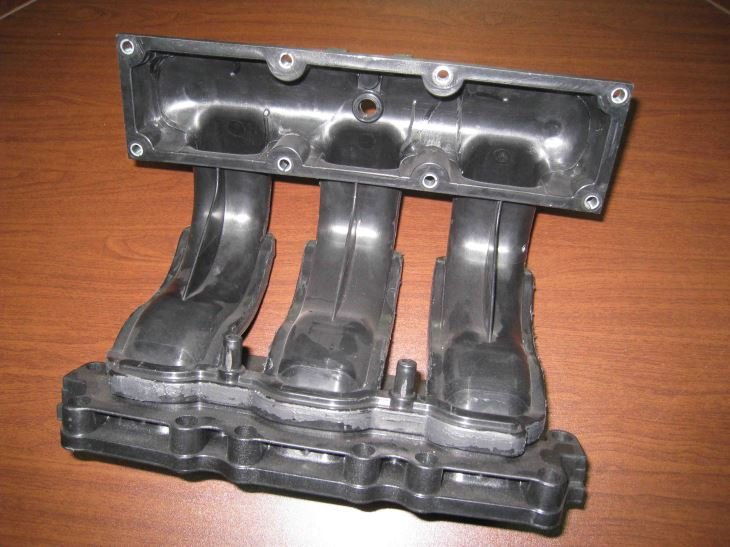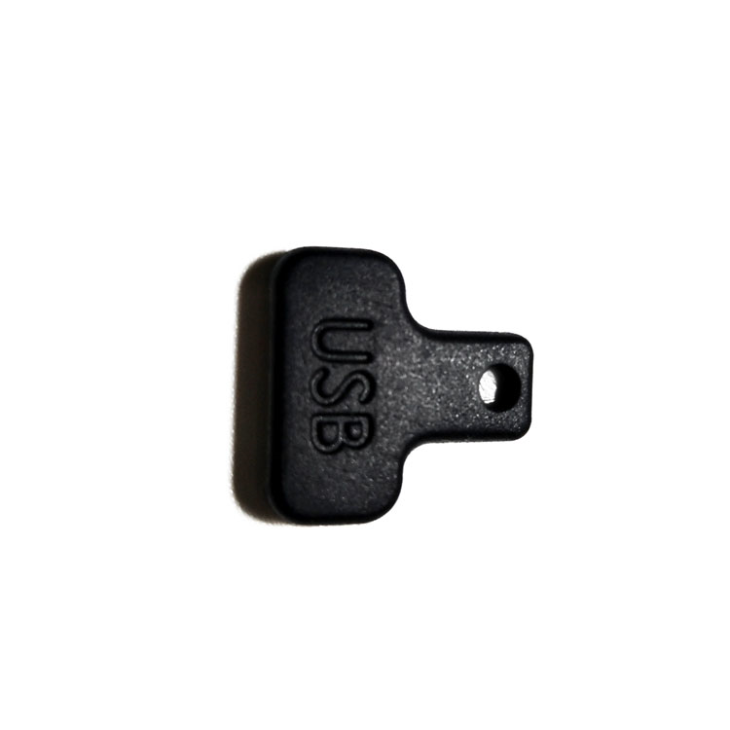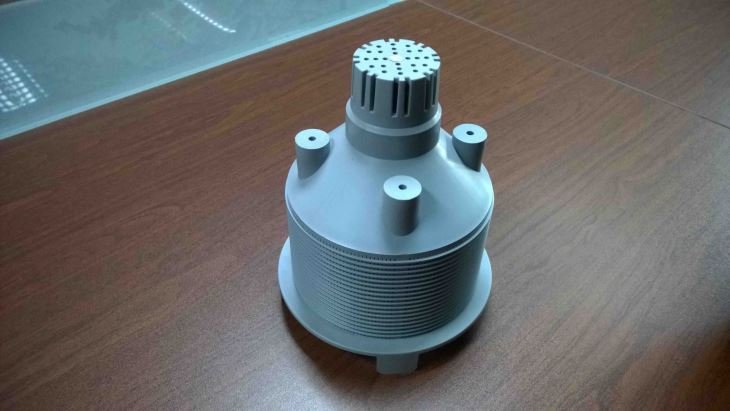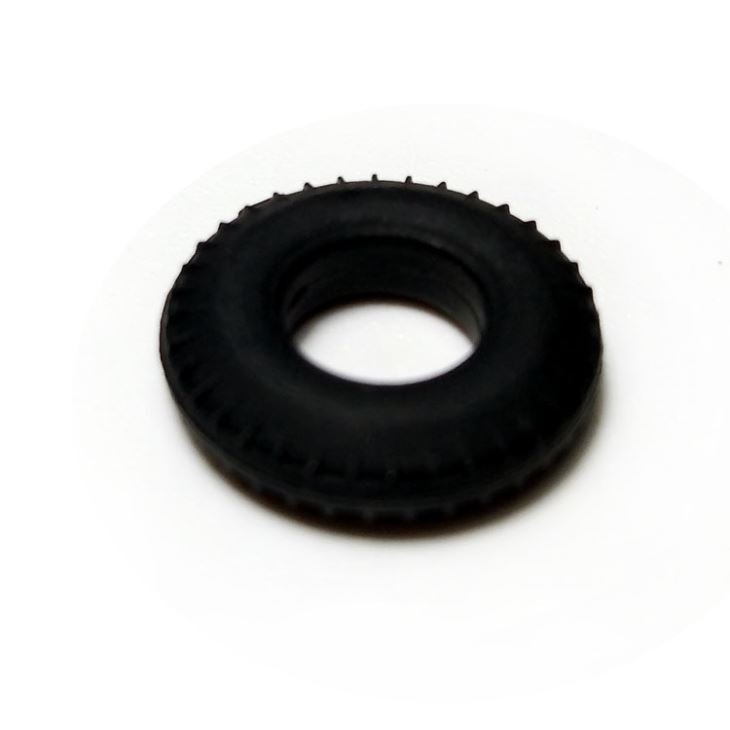
CAE Helps Polyplastics Predict LCP Connector Deformation Problem
Polyplastics Co., Ltd. (hereinafter referred to as Polyplastics) recently successfully used computer-aided engineering (CAE) to analyze the reflow deformation of connector components produced by liquid crystal polymer (LCP). problem.
Reduce heat distortion and increase yield
Currently, LCP connectors are growing rapidly in smartphones, power switches, and automotive-related components. This analytical technique will help improve product processing efficiency and yield. The LCP element expands significantly during reflow processing in a high temperature environment, which adversely affects the flatness of the finished product.
Thermal deformation may affect the welding of the LCP component to the metal end, thereby reducing the adhesion of the LCP component to the metal end. Therefore, reducing thermal deformation is important for the processing of the LCP component.
CAE predicts three stages of product deformation
Polyplastics uses CAE to predict molded products during reflow processing based on the deformation defects of the product at the design stage.
Polyplastics found that CAE analysis can predict product deformation in three stages. This includes initial deformation (warping deformation) after molding, peak thermal deformation due to thermal expansion and shrinkage after molding, and deformation after cooling due to heat shrinkage.
Polyplastics will continue to advance the development of CAE analysis technology to improve its accuracy and expand its scope of application.








